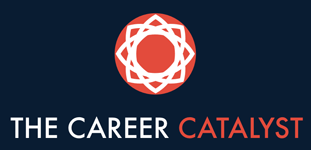
If you’re looking for a new role because you’re not happy in your current one, scheduling interviews can get awkward!
If your employer doesn’t know you’re looking for something new, how can you get time off for interviews?
Mostly this depends on the format of the interview. For a first-round screening, you’ll probably only need about 30 minutes, and the session will likely be virtual. That means you can schedule during your lunch break and plan to be somewhere else. First-round interviews are usually pretty forgiving, so you can think about nearby coffee shops or plan to be in your car or at a park. But think about Wi-Fi! Your connectivity is important, so check it out in advance so you are confident that it won’t fail during your call.
For in-person interviews, things can be trickier. This is especially true if your employer requires notice of time off, even for things like doctor visits. If possible, schedule your interview enough in advance that you can have a “dentist appointment” or something similar, and pad the time off in case things go longer. If it’s not possible to plan in advance, your best bet will be to call in sick that day. That gives you the leeway to get through the interview comfortably. As you do so, be sure to let the prospective employer know you haven’t told your current workplace that you’re looking. That alerts them to be sensitive about your time.
Things get even more difficult if the process drags on. I’ve heard about people being asked for 5 or 6 rounds of interviews lately! And after about 3, your boss is going to wonder what’s going on with your health. That might mean you need to come clean, but be wary about that. If your work isn’t a safe place, very bad things can happen once they know you’re looking. In that case, you will need to keep up the fiction of an illness or family crisis– and it will stink. It will especially stink if your job requires a doctor’s note for absences, so think about creative plans well in advance of applying for something new!
And don’t be afraid to let the prospective employer know. If they understand that you aren’t comfortable disclosing your situation, they may be able to help you schedule at times that work better for you.



